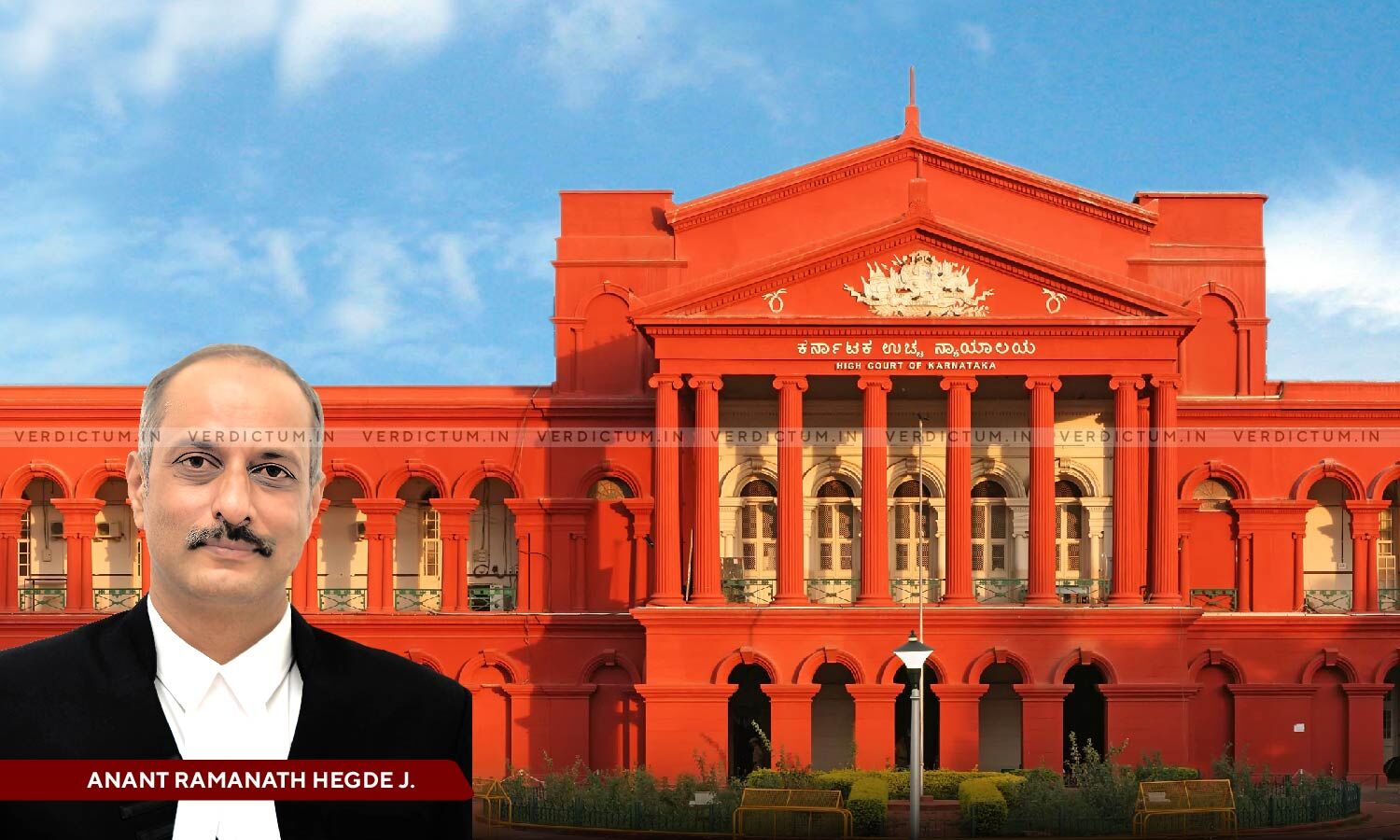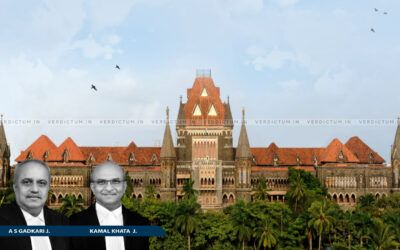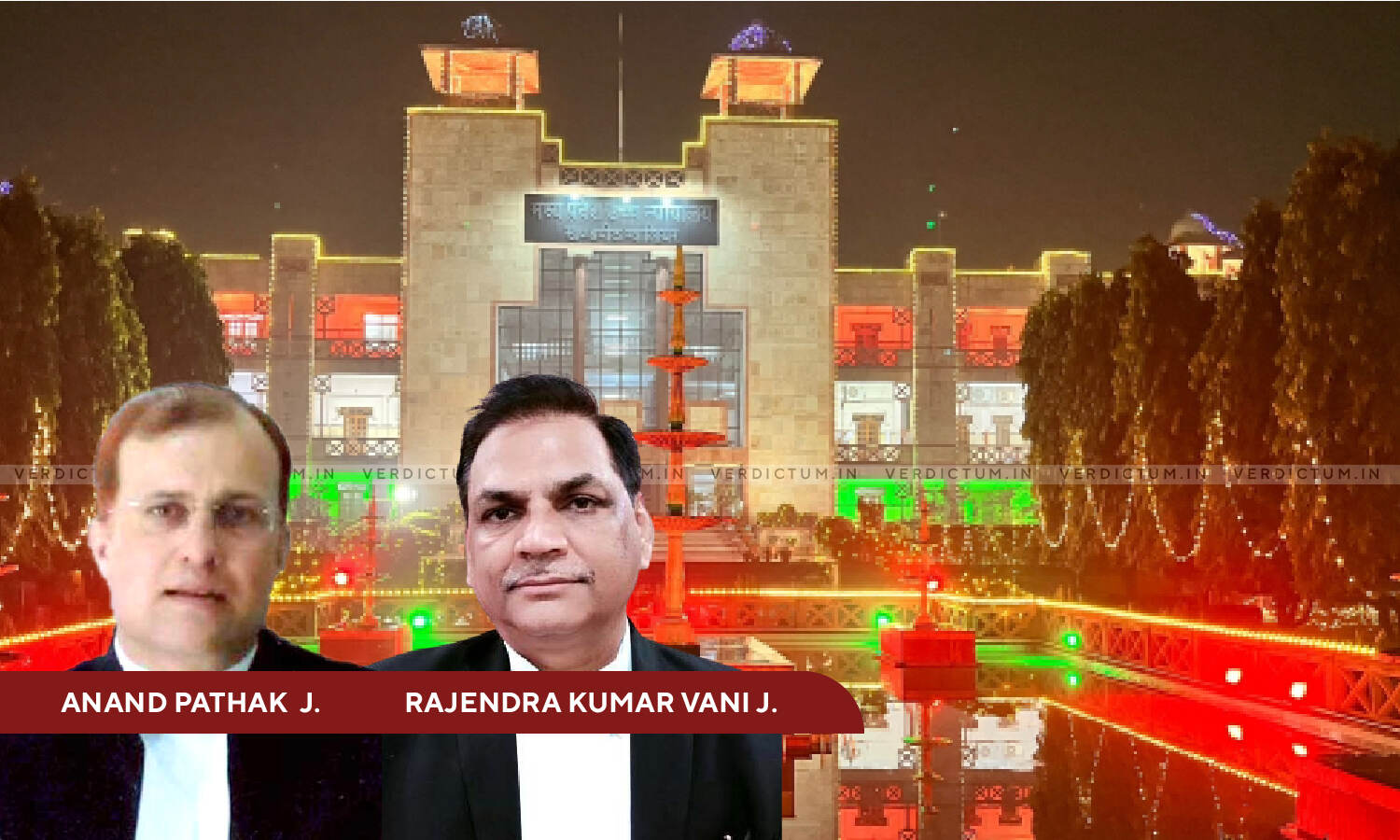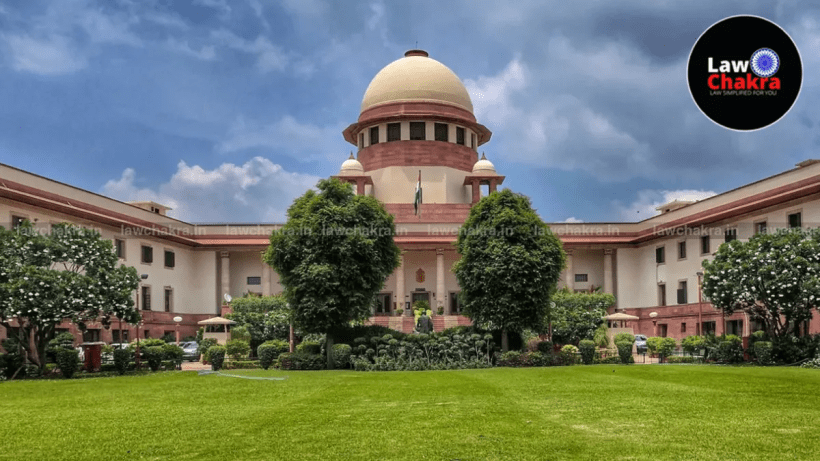Karnataka High Court Strikes Down Tax On Minimum Tariff For Unconsumed Electricity, Holds Amended Section 3(1) Of 1959 Act Exceeds State’s Competence Under Entry 53 Of List II

The Karnataka High Court has struck down the levy of tax on minimum charges under Section 3(1) of the Karnataka Electricity (Taxation on Consumption) Act, 1959, as amended by Acts 7 of 2003 and 5 of 2004. The Court held that the State Legislature’s power under Entry 53, List II of the Constitution, is confined to taxation on the consumption or sale of electricity, and does not extend to mere supply or availability.
A Single Bench of Justice Anant Ramanath Hegde observed, “If the consumer is taxed on the ‘minimum tariff’ charged for the supply of electricity for ensuring constant supply for consumption of electricity at any given point of time, then it amounts to taxation on electricity which is not yet sold but only agreed to be sold. Supply does not mean sale. A fortiori it does not also mean consumption. This position is well settled.”
The Court added, “This Court has no hesitation to hold that even assuming electricity is supplied to a consumer and same is kept at his disposal, unless the consumer taps and uses the electricity, it cannot be said that there is either sale or consumption. Charges for consumption start only when the electricity is consumed. Therefore, unless and until electricity is consumed, the State cannot levy tax on such consumption. If the supply of electricity to a consumer is charged, then it is a tariff on supply, not on sale.”
Advocate M S Raghavendra Prasad appeared for the Petitioners, while Additional Government Advocate Rajkumar M represented the Respondents.
Brief Facts
The Petitioners challenged the constitutional validity of the amendments made to Section 3(1) of the Karnataka Electricity (Taxation on Consumption) Act, 1959 through Act 7 of 2003 and Act 5 of 2004. These amendments expanded the scope of electricity tax to include charges on electricity supplied, irrespective of whether it was consumed. The Petitioners contended that this levy, even on electricity not actually used, was ultra vires the legislative competence of the State under Entry 53 of List II of the Constitution.
It was argued that the State could not impose a tax on “electricity charges” merely because electricity was supplied or made available. The Respondents argued that the issue was academic since the provision was later amended, and that the State was competent to impose such a charge under its taxation powers.
Reasoning of the Court
The Court rejected the preliminary objection of the State that the matter had become academic after the 2018 amendment, and noted, “If the provisions are held to be ultra vires, and if the petitioners are entitled to restitution or some other consequential relief, then the petitions do not become infructuous.”
The Court examined Entry 53 of List II of the Seventh Schedule of the Constitution and noted that it authorises the State to impose tax only on the consumption or sale of electricity, not on mere supply or availability.
The Court referred to the decision of the Supreme Court in Southern Petrochemical Industries Co. Ltd., where it had been held that the existence of a supply arrangement, or even the infrastructure for delivery, does not translate to consumption.
The Court further observed, “If the consumer is taxed on the ‘minimum tariff’ charged for the supply of electricity for ensuring constant supply for consumption of electricity at any given point of time, then it amounts to taxation on electricity which is not yet sold but only agreed to be sold.”
The Court clarified that the levy on minimum charges is not a tax on actual use but on a contractual arrangement or availability, which falls outside the permissible ambit of Entry 53, and held that the relevant amendments were beyond the competence of the State Legislature and that the imposition amounted to a colourable exercise of legislative power, declaring the amended Section 3(1) unconstitutional.
On the issue of refund, the Court noted that while one of the Petitioners was a federation of manufacturers who could not have passed on the tax, the remaining Petitioners had not pleaded or proved that they had borne the tax burden themselves. “The oral prayer for a direction to refund the tax so collected from respondent No.1 is rejected for want of a proper plea that the petitioners have not passed on the tax burden on their customers while selling their products”, the Court explained.
Consequently, the Court declared Section 3(1) of the Karnataka Electricity (Taxation on Consumption) Act, 1959, imposing tax on electricity charges as unconstitutional, and held that the Federation was entitled to refund from the date of the writ petition till the date of the amendment. The other Petitioners were given liberty to approach the appropriate forum for refund, subject to proper pleading and proof.
The Bench, however, clarified that only the tax on ‘minimum tariff’ has been held unconstitutional and not the tax collected on the consumption of electricity
Cause Title: M/s Sona Synthetics & Ors. v. State of Karnataka & Ors. ( Writ Petition No.3935 Of 2008)
Appearance:
Petitioners: Advocate M S Raghavendra Prasad
Respondents: AGA Rajkumar M; Advocate H.V. Devaraju





